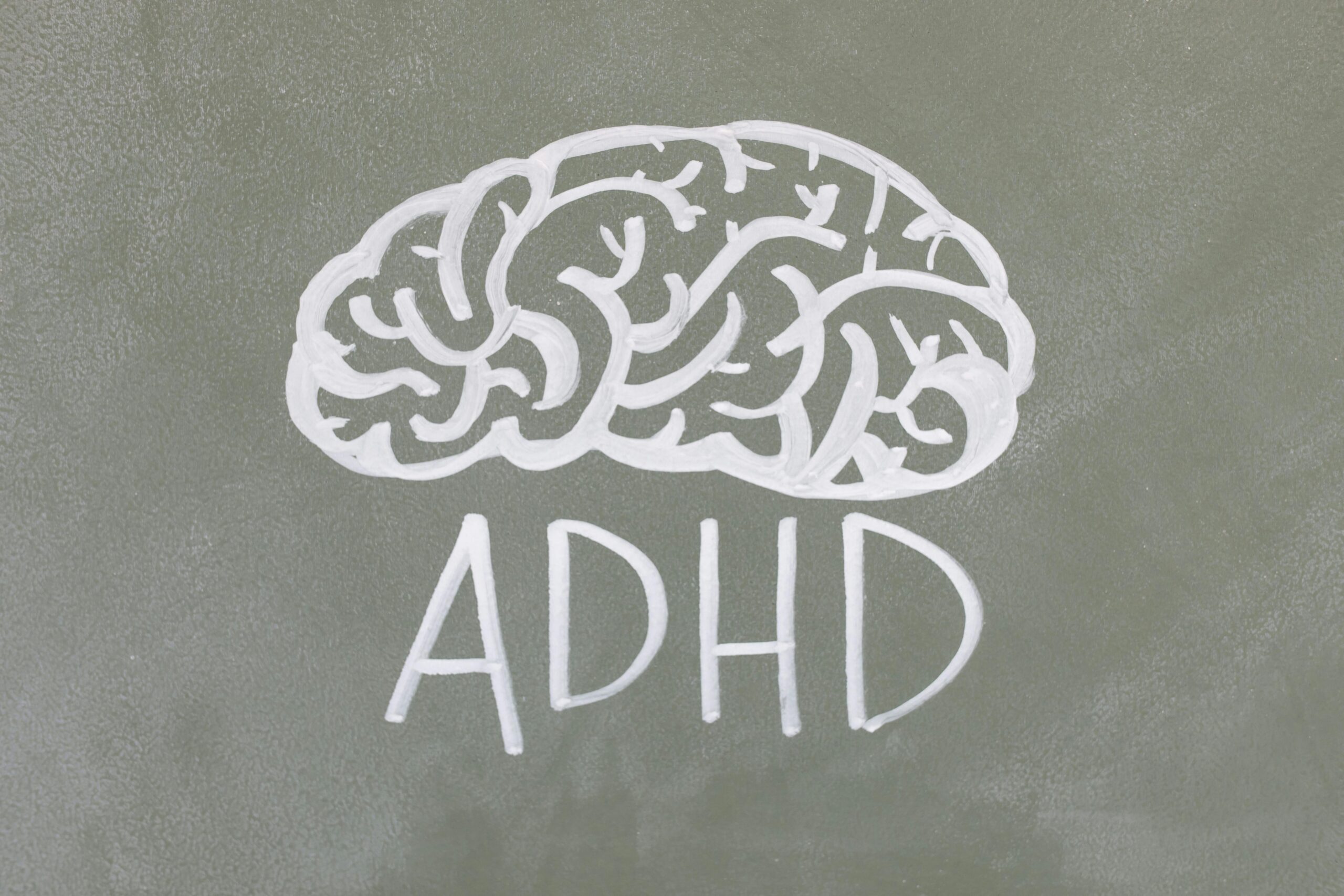More and more adults are turning to the internet to understand themselves — and platforms like TikTok and Instagram have become major sources of ADHD and mental health content. As a result, online self-screeners for ADHD have become wildly popular.
For many, these screeners are eye-opening. They can help put words to long-standing experiences:
- Chronic distraction
- Emotional overwhelm
- Trouble with routines
- Burnout
- Sensory overload
- Social exhaustion
This growing awareness is a good thing — but it’s also led to a rise in rapid or same-day ADHD assessments that may skip critical steps in the diagnostic process.
What Online Screeners Actually Do?
Self-assessments can be helpful for:
- Spotting patterns
- Reflecting on your experiences
- Deciding whether to seek professional support
But they also have limitations. They aren’t designed to rule out other conditions or to determine whether your symptoms meet full diagnostic criteria.
| Online Screener | Comprehensive Clinical Assessment |
| Based on self-perception and checklists | Uses diagnostic criteria, clinical interview, and differential diagnosis |
| Cannot rule out other causes of symptoms | Screens for anxiety, trauma, learning differences, etc. |
| Usually binary (“you might have ADHD”) | Nuanced: considers severity, impairment, and history |
Think of an online screener as a thermometer or highlighter – It can point out that something’s happening — but it can’t tell you exactly what or why.
The Importance of Comprehensive Assessments
ADHD is more than just a list of symptoms — it’s a neurodevelopmental condition with specific diagnostic criteria. A proper assessment looks at how symptoms show up over time, across environments, and how they impact functioning.
A trained psychologist will:
- Take a detailed developmental, academic, and occupational history
- Explore multiple possible explanations for your symptoms (e.g., anxiety, depression trauma, burnout, etc.)
- Evaluate functional impairment — at work, in relationships, and in daily life
- Collect collateral input (e.g., teacher reports, family, past records)
- Use validated diagnostic tools, not just symptom checklists
Rapid assessments often involve:
- A brief questionnaire
- One short session (sometimes <1 hour)
- A single screener (e.g., ASRS)
- Immediate diagnosis and medication recommendations
While convenient, this can lead to:
- Misdiagnosis — especially if differential diagnosis isn’t done
- Incorrect treatment — including unnecessary medications
- Overlooking the real issue — such as trauma, anxiety, or sleep disorders
- Frustration — when things don’t improve because the root cause was missed
In fact, research shows that:
- ADHD is frequently over-diagnosed when proper diagnostic criteria are not followed, especially in adults
- Up to 20–30% of ADHD diagnoses may be incorrect when full assessments aren’t used.
- Many people who believe they have ADHD may instead have anxiety, depression, trauma, or burnout.
- Misdiagnosis leads to ineffective treatment, including unnecessary medication and missed care for the real issue.
Sources:
- Merten et al. (2017). Overdiagnosis of mental disorders in children and adolescents. Child and Adolescent Psychiatry and Mental Health
- Bruchmüller et al. (2012). Is ADHD diagnosed in accordance with diagnostic criteria? Journal of Consulting and Clinical Psychology
What to Expect from a Full ADHD Assessment at Downtown Psychology Clinic
The goal of an ADHD assessment is to understand how your brain works, how it affects your life, and how to best support your strengths and needs.
Our process at The Downtown Psychology Clinic includes:
- In-depth clinical interviews
- Use of research-backed tools (not just screeners)
- Thorough review of your academic, medical, social, and work history
- Differential diagnosis to rule out other causes
- A personalized formulation and recommendation plan — not just a label
A comprehensive, accurate diagnosis can help you:
- Understand your challenges more deeply
- Let go of years of self-blame
- Access support and strategies that fit who you are
If this resonates with you, you don’t need to figure everything out before taking the next step. Whether you’re just starting to explore the possibility of ADHD or have been navigating symptoms for years, therapy and assessment can help you move forward with confidence.
____________________________________________________________________________________________
The content of this blog is for informational purposes only, and is not intended to be a substitute for professional medical or psychological advice, diagnosis or treatment. Always seek the advice of your mental health provider or physician with any questions that you have regarding mental health concerns. If you think you have an emergency, please call 911 or visit your nearest emergency room.


